Caregivers
Whether you are a parent, grandparent or guardian, helping young people grow and thrive can be a challenge. It may not seem like it at times, but parents and caregivers are a child’s No. 1 influence. Even when it seems like they’re ignoring you, teens still use their parents as models for their behavior.

General Information for Parents, Grandparents, Mentors & Caregivers
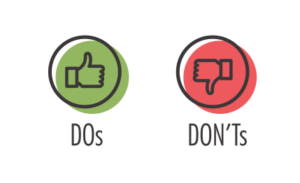
Have the Talk with your Kids in the New Year A new year calls for new beginnings and new conversations. Some of the more difficult conversations are the ones that parents have with their children pertaining to alcohol and drug use. Nevertheless, they are important talks to have. Research tells us that teens who are educated about the risks of drugs from their parents are less likely to use. In fact, most teens credit conversations with Mom and Dad as their main reason for deciding not to do drugs. But having those conversations can be challenging as many parents are not sure what to say, or when and how to say it. As you embark on your conversation, keep these four things in mind:
- Drugs are dangerous for young people and particularly risky because their brains are still developing.
2) Drugs do not mix well with school, sports and other teenage activities
3) It is illegal for minors to drink, smoke or use drugs - DON’T forget that conversation is a two-way street. The goal is not to lecture but to get your child talking, and actively listen when they do. Good listening means paying attention without interrupting, not reacting defensively or in anger. If your children believe that their feelings make sense to you, and that you legitimately understand them, they will be more likely to communicate openly with you.
- DO start conversations early – well before the teen years. Talking to your kids about alcohol and drug use shouldn’t wait until they reach their teen years. Conversations with younger children may focus on examples of healthy behaviors. As children get older, these conversations should focus more on what your children are seeing and experiencing in social settings
- DO ask thoughtful questions. Because their brains are still developing, teens don’t judge risks and consequences the way adults do. Most teenagers understand the dangers of substance use, but they tend to underestimate those dangers when weighing the pros and cons. One way to talk about their perceptions of drug use is to ask about what they see on TV, in movies or on the Internet. Questions like “How do you think substance use is portrayed?” and “How realistic is it?” can spark a meaningful dialogue
- DO set some ground rules for your teen. We recommend setting the “No substance use before age 21” rule, and providing clear reasons for why you don’t want your teen to smoke, drink or use drugs.
Vermont Resources
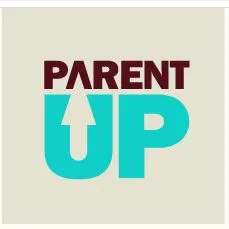
ParentUp provides quick, accurate and easy-to-read information to help you stay informed while you raise your teen. Explore and get tips you can use at home.

MyLifeMyQuit –My Life, My Quit™ is the free and confidential way to quit smoking or vaping. Text “Start My Quit” to 36072 or click to chat with a Coach. We are here for you every step of the way. It’s YOUR LIFE and we’re here to help you live it YOUR WAY.
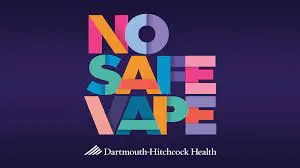
No Safe Vape (from the Dartmouth-HItchcock Health Website), Videos for adults and youth. With the growing number of vaping-related illnesses and deaths, “No Safe Vape” aims to educate young people and their families about the dangers of vaping and to provide resources for those seeking further information or help quitting.

VTHelplink
Free and confidential alcohol and drug support and referral services, call 802-565-LINK (5465) VT Helplink is a statewide, public resource for finding substance use treatment and recovery services in Vermont.
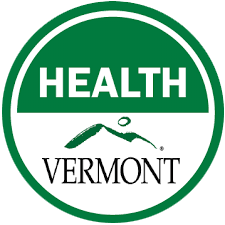
Let’s Talk Cannabis
The Vermont Department of Health is dedicated to providing you with the information you need to make safe and informed choices.
By providing science-based information, the Health Department is working to increase awareness about cannabis and how it affects our bodies, minds and health.
National Resources
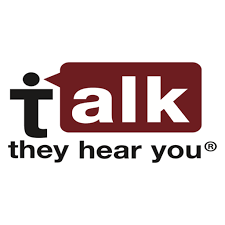
Talk. They Hear You. Mobile App (And other resources)
“Talk. They Hear You.” is a free mobile app that helps you prepare for one of the most important conversations you may ever have with your children about underage drinking. The app provides parents and caregivers of children and teens ages 9 to 15 with the tools and information they need to start talking with their children early about the dangers of alcohol. It includes a suite of materials that helps reinforce the underage drinking prevention campaign’s messages.
